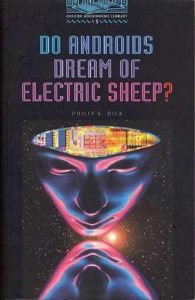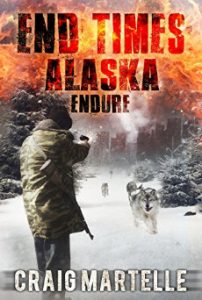“Faced with the exhausting task of building mechanical trees that produce the precious oxygen they breathe, the Greenleigh orphan slaves piece together clues about the existence of a possible forbidden paradise beyond The Wall. To find the truth, shatter the illusions, and free the children, Joy must entrust the aid of an unlikely ally who harbors dangerous secrets.”
Christina Rozelle’s The Treemakers has a lot going for it: it’s a story about a group of child slaves attempting to find their way out of captivity. They’re tough and spunky. They’re even likable at times (although my favorite character was Smudge, the mysterious guide the children meet partway through the story.) The world is strange and imaginative, and the author has a knack for thorough descriptions.

